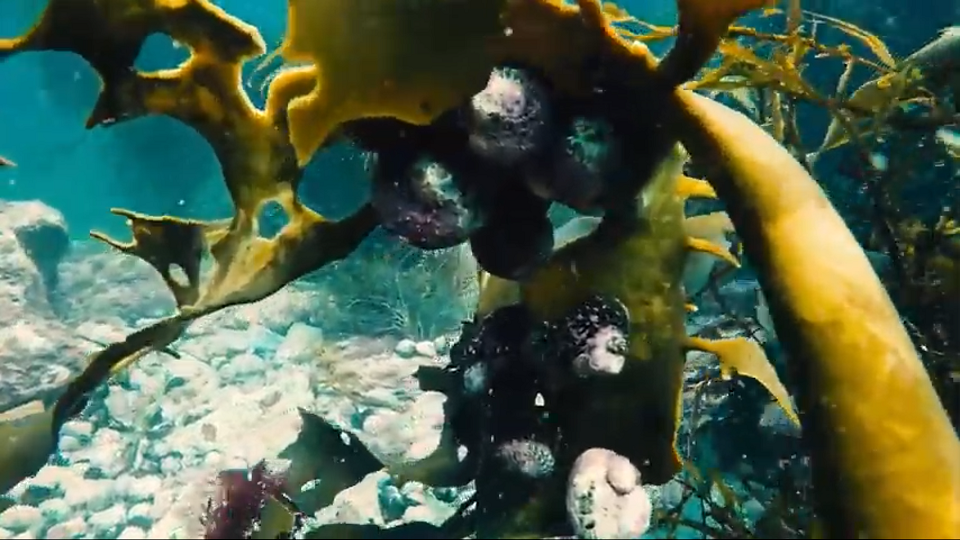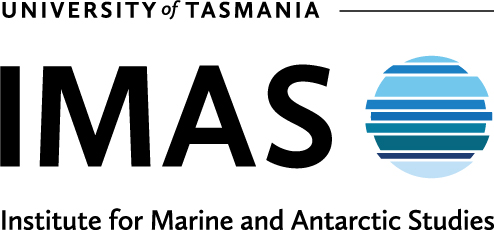Ecosystem and Habitat Interactions

By-Catch
There is no by-catch in this fishery as periwinkles are harvested by hand.
Threatened, Endangered or Protected Species Interactions (TEPs)
Interactions with threatened, endangered or protected species and the vessel or dive gear are possible although the same gear has been assessed as negligible risk in abalone fishing.
Habitat Interaction
Interaction between the habitat and fishery is limited to catch bags and considered negligible risk.
Climate Change
Populations of periwinkles may be affected by declines in kelp forest, due to natural or anthropogenically induced climate change and the poleward range expansion of the barren-forming long-spine sea urchin Centrostephanus rodgersii. In eastern Tasmania, Lunella undulata numbers halved within a month following experimental removal of canopy-forming kelp; with such declines probably due to increased predation (Edgar et al. 2004). Keane et al. (2014) observed that growth rates and maximum sizes of periwinkles were negatively related to water temperature, indicating that productivity of stocks may be influenced by climate variability.



